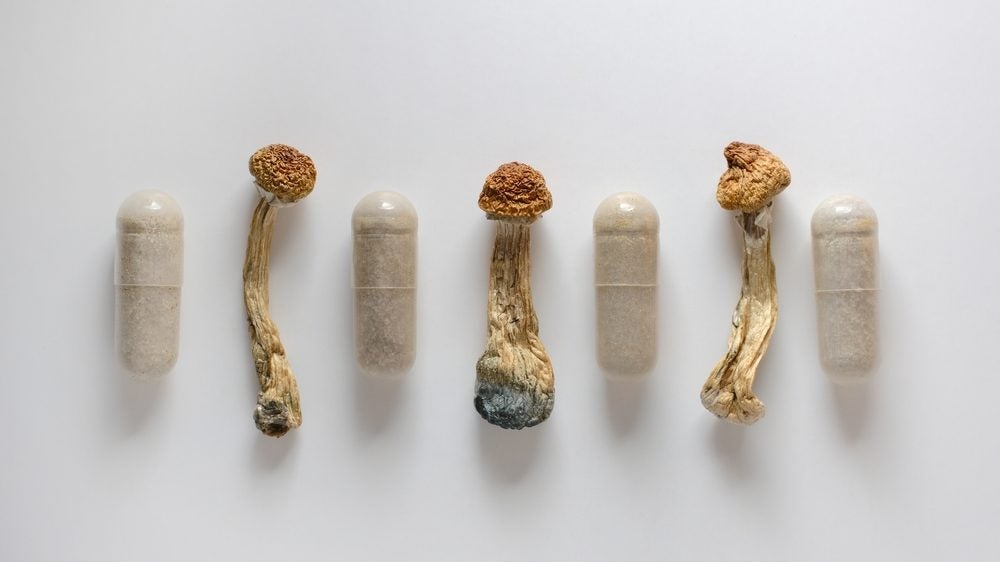
The US Food and Drug Administration (FDA) has released its first draft guidance on clinical trials investigating psychedelic drugs.
The agency aims to provide fundamental considerations for researchers investigating potential psychedelic treatments for medical indications such as psychiatric and substance use disorders.

Discover B2B Marketing That Performs
Combine business intelligence and editorial excellence to reach engaged professionals across 36 leading media platforms.
Dr Tiffany Farchione, director of psychiatry in the FDA’s Center for Drug Evaluation and Research (CDER), said the FDA hopes to outline the inherent challenges in designing psychedelic drug development programmes. In addition, it aims to help researchers design studies that will produce interpretable results and support future drug applications.
This document was a new addition to the CDER’s draft guidance agenda for 2023. Industry stakeholders are welcome to provide feedback by 23 August 2023.
Contents of the draft guidance
In the draft guidance, the term psychedelics refers to “classic psychedelics” such as psilocybin, a naturally occurring hallucinogenic chemical found in certain mushrooms known as magic mushrooms, and lysergic acid diethylamide (LSD) that act on the brain’s serotonin system.
The guidance also includes psychedelics such as 3,4-Methylenedioxymethamphetamine (MDMA), a potent empathogen–entactogen with stimulant properties.

US Tariffs are shifting - will you react or anticipate?
Don’t let policy changes catch you off guard. Stay proactive with real-time data and expert analysis.
By GlobalDataThe draft guidance outlines the needed steps for psychedelic drug development programmes. The FDA starts by providing considerations for the chemistry, manufacturing, and controls of the investigational drug substance and product.
The agency also provides recommendations for nonclinical safety and toxicology studies, with examples of when extensive previous trial data could substitute typical animal toxicology testing in trials evaluating certain psychedelics under an investigational new drug (IND) application.
In the clinical pharmacology section, the FDA recommends that sponsors consider various aspects such as evaluating the effect of a high-fat meal on the pharmacokinetics of an oral psychedelic drug, potential drug-drug and drug-disease interactions, and long-term effects of psychedelics on cardiovascular health.
As psychedelics are Schedule I-controlled substances that act on the central nervous system, the FDA also focuses on abuse potential assessments and compliance with Drug Enforcement Administration (DEA) regulations.
Finally, the FDA outlines considerations that may be unique to clinical trials evaluating psychedelic drugs. For example, adequate and well-controlled (AWC) clinical trials and using a traditional placebo as a control might be “problematic for assessing efficacy”.
Clinical Trials Arena has previously reported on the blinding challenges in psychedelic clinical trials.
Latest psychedelic clinical trials
In February, Clinical Trials Arena spoke with Diamond Therapeutics about its plans to conduct a Phase II trial with take-home psilocybin in patients with generalised anxiety disorder.
Revive Therapeutics enrolled its first patient with a methamphetamine use disorder (MUD) into a Phase I/II trial investigating oral psilocybin in March while Beckley Psytech initiated a Phase IIa trial in alcohol use disorder with a fast-acting psychedelic compound in April.
In addition, Canada-based ATMA submitted a new trial application to investigate MDMA in healthcare workers with mental health issues in April.





